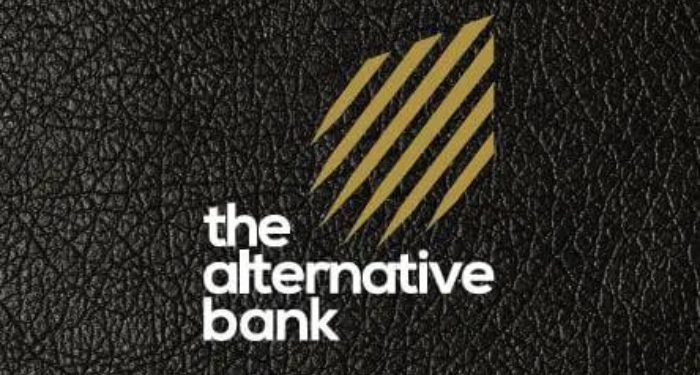The Alternative Bank has intensified its support for inclusive growth in Nigeria’s agricultural sector by expanding non-interest financial products specifically targeted at women and young people. The bank reaffirmed this commitment during the Agricultural Summit Africa held in Abuja.
Speaking at the summit, Executive Director (South South) of the Alternative Bank, Korede Adeniyi, said the initiative is designed to strengthen the participation of women and youth in agriculture through ethical financing, improved financial literacy, and shared-risk partnerships. “We don’t call what we do loans because we are working together with the beneficiaries. We give out facilities at next to nothing to support especially women. Since we share both the risk and profit, our focus is on creating lasting impact for all parties,” she noted.
Adeniyi revealed that the Alternative Bank has already executed agricultural empowerment programmes across at least five states, including a pilot scheme in Kano where 120 women received tricycles to boost income and improve transportation security for rural women and children. “The women in Kano who were previously underserved now have a steady source of income. Beyond economic empowerment, this initiative has also provided safety as women now transport other women and children, reducing cases of assault and kidnapping,” she said.
She also disclosed that the bank recently launched a ginger production pilot programme in Kaduna dedicated to women farmers, where partnerships with development institutions are supporting stable pricing and fair market access. The bank is further expanding its rural presence through a network of agents who serve as direct links between the bank, communities and beneficiaries.
“We want to make sure we are effective in the rural areas where banks can’t be physically present. Our agents help us stay connected and responsive,” Adeniyi added. She confirmed that a new agriculture-focused non-interest product will be introduced before the end of the year to strengthen ongoing support for women and young agripreneurs.
As the Federal Government continues to prioritize food security, job creation and innovative financing models for agriculture, non-interest institutions like the Alternative Bank are playing a critical role in ethical agrifinancing and value chain development. Operating under Islamic finance principles, the bank is closing funding gaps and positioning more Nigerian women and youth for sustainable agribusiness participation.
“When we invest in women and youth, we invest in the future of agriculture. Our approach ensures that everyone benefits the bank, the farmers, and the broader economy,” Adeniyi said.
The Alternative Bank’s strategy reflects a broader national push toward inclusive food production and long-term agricultural resilience with women and young farmers at the center of growth.










